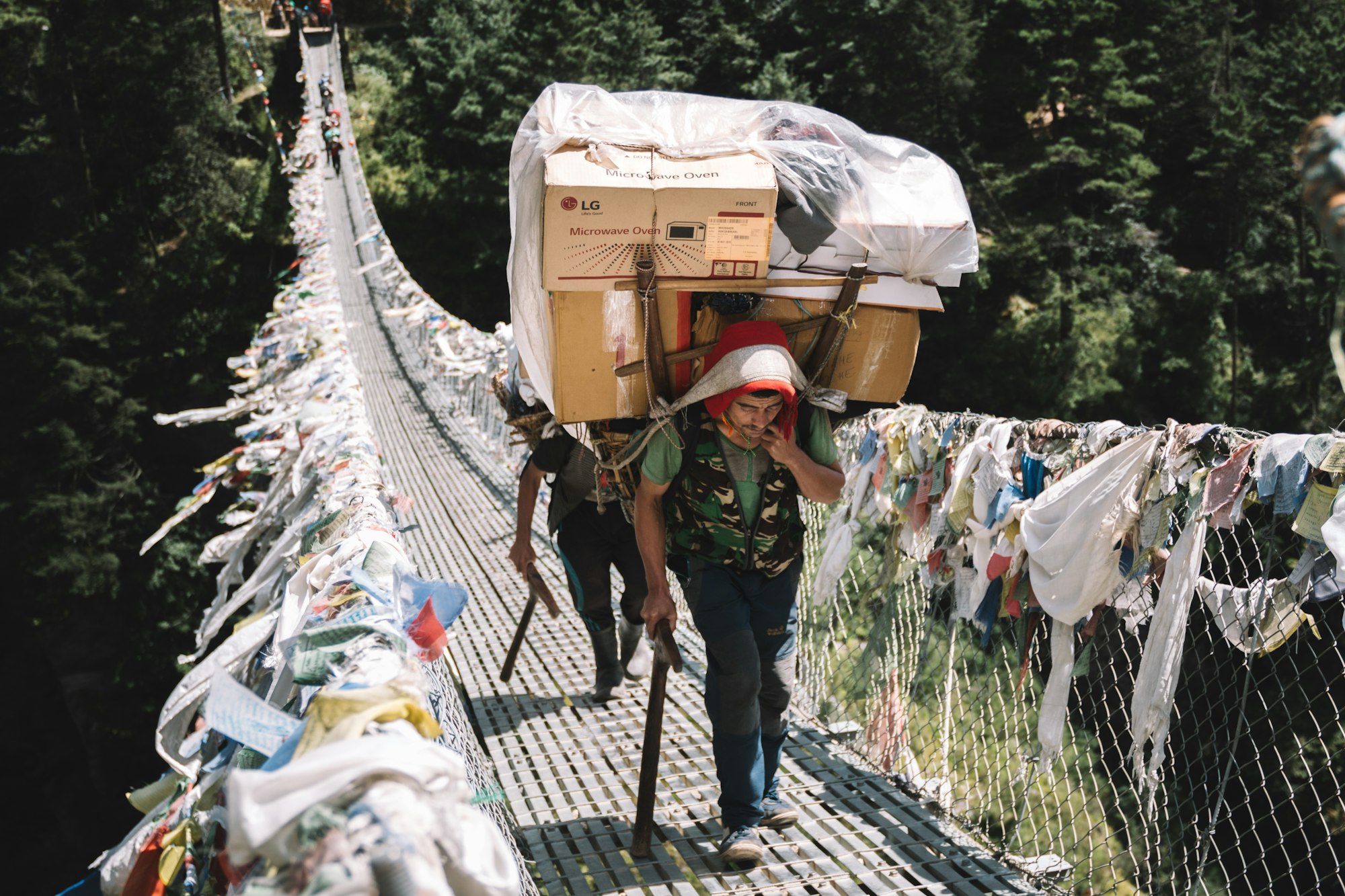When can you get away with not carrying extra food and water?
Nutrition confusion often comes from guides and plans being labeled "...for Event X." But duration and intensity are the key factors, not distance.

I find that really surprising that there's no nutrition for these efforts! For example, the Half-Marathon nutrition guide...
Nutrition confusion often comes from guides and plans being labeled "...for Event X." But duration and intensity are the key factors, not distance.
For example, two different events of the same duration could be fueled for with the same strategy. A first-time half-marathon of two hours and a pro-level marathon of two hours could have the same nutrition plan. The body doesn't care about the distance or the speed (the external load). It only cares about the intensity (the internal load) and the duration. The body may think:
- How long is this going to take at this pace? and
- Do I have the resources to last?
The best thing to do is to take notes (in training and racing) and learn what you need at different intensities and durations. As a mountain athlete, also consider the impact of the weight of carrying the fuel. (Most nutrition guides assume that an event will be supported with aid stations, so carrying the fuel isn't a factor.)
If an event has no risk of:
- Worrisome glycogen depletion; or
- Greater than 2-3% dehydration; and
- No additional events within a few days; then
... why carry the extra weight?